This past April 30, a victim of war-time rape in 1992 finally saw her rapist convicted in a local court in Bosnia and Herzegovina.
Lejla (a pseudonym) never ceased to work for justice. But her pleas went unheeded until 2010 when PROOF’s partner organization, Swiss NGO TRIAL (Track Impunity Always), began advocating on her behalf.
International criminal courts have successfully prosecuted sexual violence as a crime against humanity and as a war crime. Indeed, several Bosnian Serb soldiers were convicted of rape as a war crime by the International Criminal Tribunal for the Former Yugoslavia (aka ICTY).
Though Lejla complained to the authorities for years, no one paid much attention, and no investigation had begun.
Her case is emblematic of the issues rape survivors face, so its outcome is heartening for the thousands of others affected by such crimes.
During the 1992 to 1995 war in the Balkans, sexual violence was a widespread tactic used against the “enemy.” While as many as 50,000 people were sexually violated, only around 50 criminals have been brought to account before the state courts.
Kojic’s trial, which began in February, represents a major step taken by a local court against the impunity of perpetrators of sexual violence during the war.
No stranger to sorrow and oppression, Lejla was determined to find justice.
In May 1992 in the midst of war, she went searching for her 19-year old son in a town that had become occupied. After being taken into forced labor, he was shot and killed that July.
But that tragedy was just the beginning for Lejla. During the week of her son’s death, she was arrested by three policemen and taken to a camp where she was raped by the trial’s defendant, Dragoljub Kojic. She was then kept in inhumane conditions for 10 months of forced labor.
Though Kojic got only a three-year--prison sentence and Lejla will receive no compensation, the conviction represents a long-awaited victory made possible by the courage and perseverance of the victim supported by TRIAL.
Lejla’s was the first case to be prosecuted under a country's own justice system since TRIAL started a program in 2010 to help survivors prosecute for rape in their own country.
In 2008, the U.N. passed Resolution 1820, recognizing rape as a weapon of war. And while the international courts have played an important role, we cannot expect them to do all the work.
Countries
must be responsible for the crimes committed under their jurisdiction--
they bear the obligation to investigate, identify, judge, and sanction
the perpetrators.
– Maya Hadar, Communications Director, PROOF
Below: video from ICTY, explaining the importance of recognizing rape as a crime against humanity.
“During the week of her son’s death, she was arrested by three policemen and taken to a camp where she was raped by the trial’s defendant, Dragoljub Kojic. She was then kept in inhumane conditions for 10 months of forced labor.”
